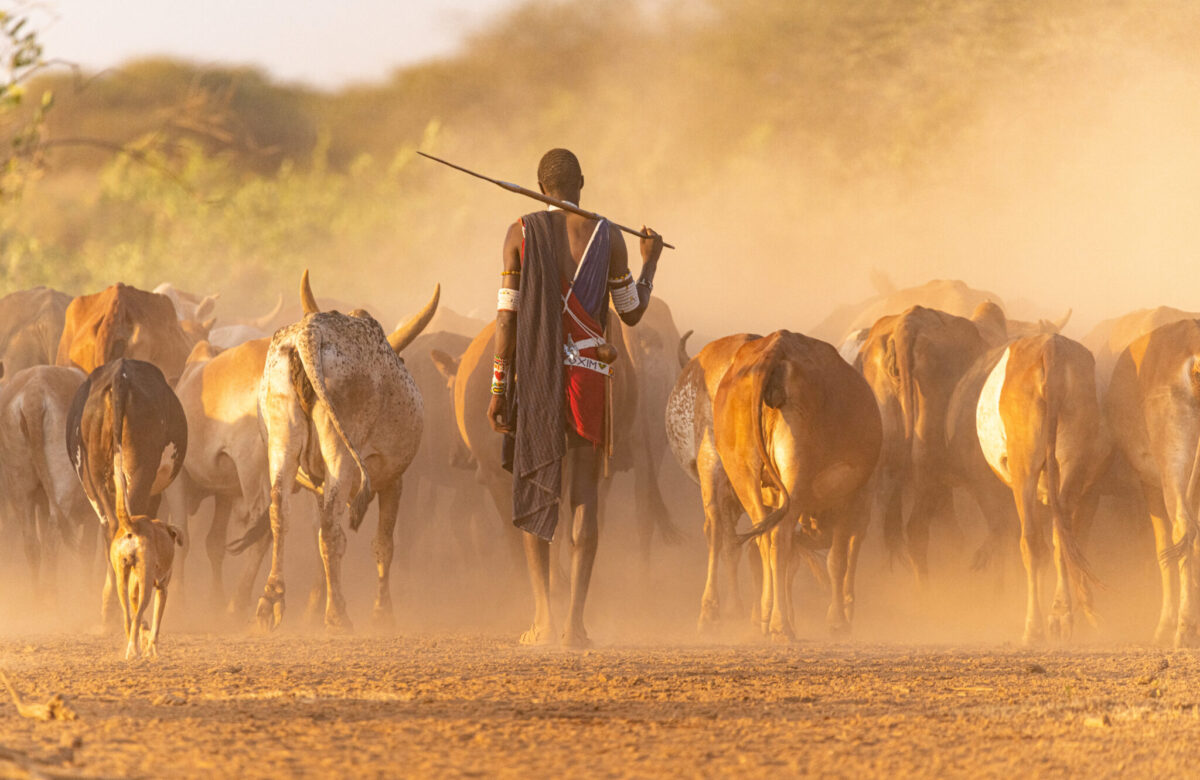Resource-based Conflict for Herders and Farmers in Nigeria

Credit: Simonetta via Adobe Stock Images
Context
Resource-based conflict leads to violence, disruption of peaceful coexistence between communities, disintegration of social ties, and significant economic losses. In Nigeria, conflict and reprisal attacks between herding and farming groups resulted in a fourteen billion dollar annual loss in revenue and over 3,500 casualties between 2016 and 2018. One of the causes of such conflict is the strain on resources caused by climate-induced migration. Current policies such as resource management schemes and compensating victims of violence are inadequate in improving tolerance and cohesion. Some conflict resolution methods borrow from psychology and social marketing to promote intergroup interaction, but it is unclear how such interventions translate to contexts of transitory and retaliatory conflict.
Study Design
This study aims to enhance psychology-informed intergroup exposure and education provision by adding context-specific and relatable elements. This randomized evaluation assesses the effectiveness of a large-scale dissemination campaign in camps for internally displaced people. Half of the randomly selected sample from the camps will receive no intervention. The other half will be exposed to an edutainment video that emphasizes the root cause of the migration by herders, emphasizing that changing climatic conditions gave them no choice but to move into farmers’ lands.
The study design enables researchers to parse out the marginal effects on displaced farmers’ attitudes towards herders of information about the circumstances that led to the herders’ migration onto their lands. Data will be collected via individual-level surveys from approximately 1,374 participants both immediately after exposure to the information treatment and through follow up mobile phone interviews some weeks later. The main outcomes of interest are social cohesion indicators, support for policies to integrate herders, and prejudice against herders.
Results & Policy Lessons
This research is directly relevant to the Nigerian government’s National Livestock Transformation Plan to address climate-induced migration and resource competition-related conflicts. This study is expected to inform the design of an effective intervention in contexts of escalating conflict. Results forthcoming.

